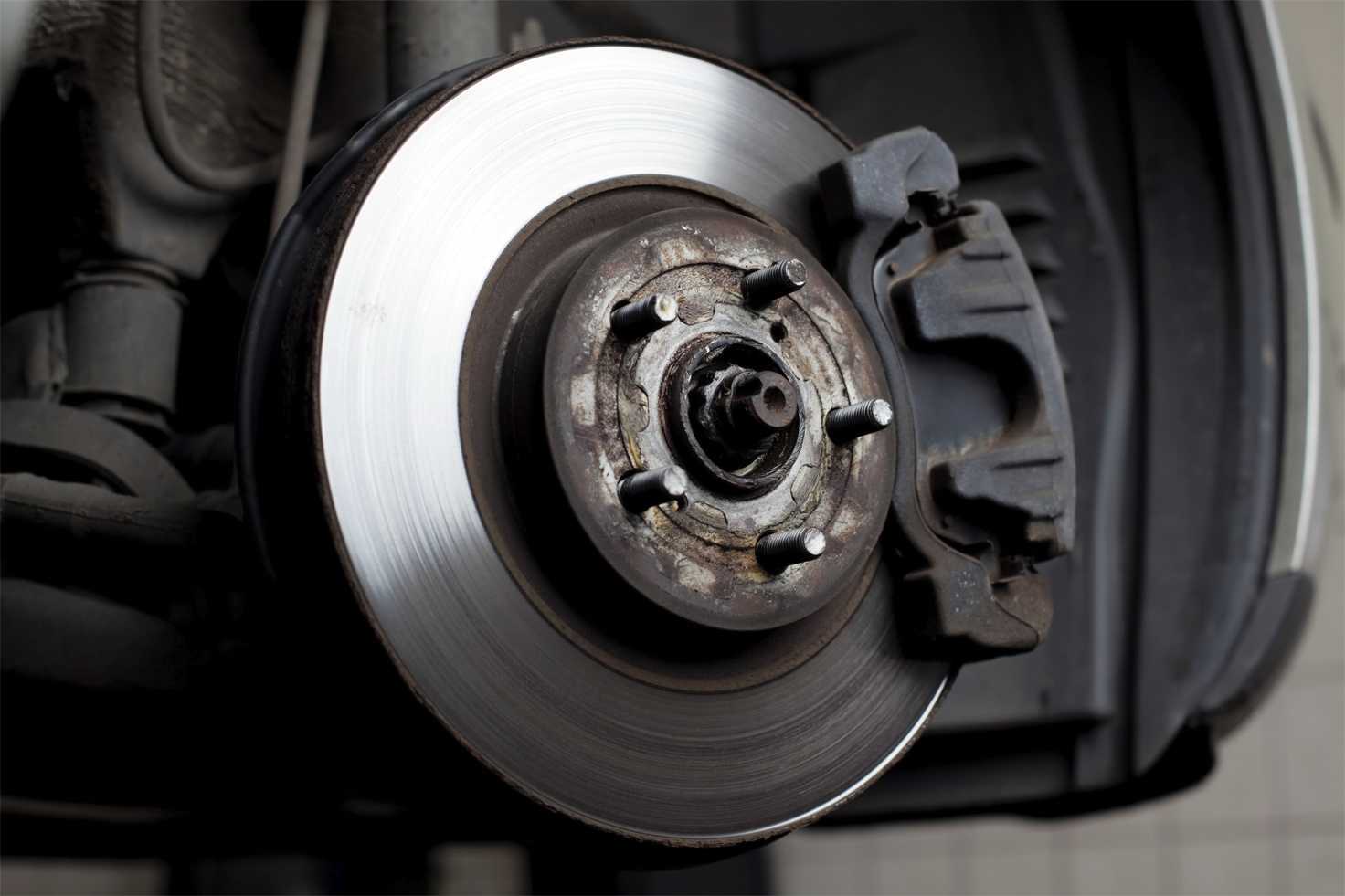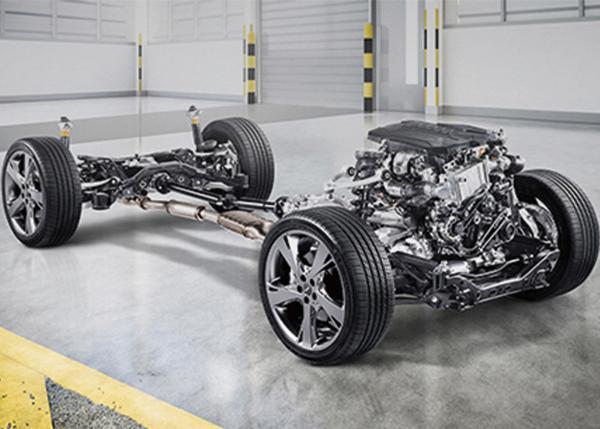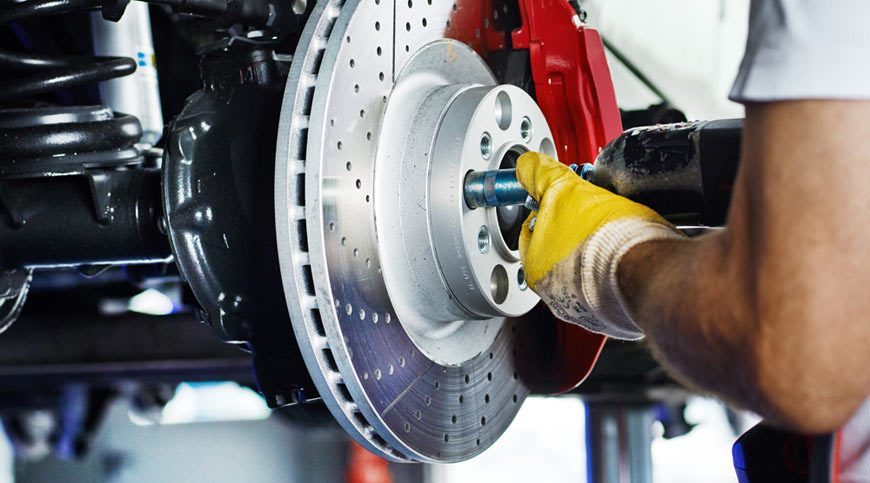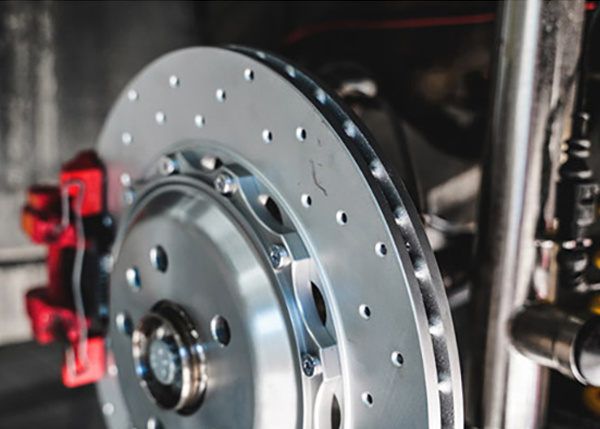News Information

2025-09-01
For a long time, domestic engineering machinery brake friction pads, friction pads for passenger cars and commercial vehicle automatic transmissions, as well as clutch friction pads for large-displacement motorcycles, have mostly relied on foreign imports. Japanese companies have monopolized the market in this area.
2025-09-01
The Non-Metallic Sealing Working Group Annual Meeting and Standards Seminar, hosted by Xianyang Non-Metallic Minerals Research and Design Institute Co., Ltd., the National Non-Metallic Mineral Products Quality Supervision and Inspection Center, and the National Non-Metallic Mineral Products and Products Standardization Technical Committee, and co-organized by Chengdu Junma Sealing Technology Co., Ltd., was held on January 11, 2019, in Xianyang City, Shaanxi Province. All members of the Non-Metallic Sealing Working Group, as well as representatives from relevant production enterprises and users nationwide, attended the meeting. The meeting successfully completed all scheduled agendas and concluded satisfactorily. The meeting was jointly chaired by Wu Yimin, Group Leader of the Non-Metallic Sealing Materials Group and Vice Chairman and Chief Engineer of Zhejiang Guotai Xiaoxing Sealing Materials Co., Ltd., and Shi Zhigang, Executive Deputy Director of the National Non-Metallic Mineral Products Quality Supervision and Inspection Center. First, Lei Jianbin, Executive Director, Party Secretary of Xianyang Non-Metallic Minerals Research and Design Institute Co., Ltd., and Secretary-General of the National Non-Metallic Mineral Standardization Committee, delivered a welcome speech, warmly welcoming production enterprises and expert representatives from across the country. He emphasized that the standards discussed at this meeting should be based on practical considerations, that the revision of standards should promote industry development, and that standards should play a leading role in the industry's progress. He also wished the meeting a complete success. Hou Libing, Secretary-General of the Non-Metallic Sealing Working Group, presented the "2018 Work Report of the Non-Metallic Sealing Working Group," pointing out that the working group established in 2018 laid the foundation for the future establishment of a sub-technical committee for non-metallic sealing materials, and that the meeting achieved the expected results. Post-meeting work of the group includes standard defense, standard formulation and revision, and translation of standards into foreign languages. The status of the standard system construction was explained. Finally, the 2019 work plan of the working group was outlined, focusing on applying for related standard projects under the standards "Made in China 2025" and the "New Materials Standards Leading Plan," and completing the existing planned national and industry standards on schedule with quality assurance. In 2019, the group will continue to provide service support, actively assist associations and alliances in formulating and reviewing group standards, and help new product manufacturers develop enterprise standards. The meeting also discussed two building materials industry standards: "Roller-Pressed Asbestos-Free Fiber Gasket Materials" and "Non-Metallic Sealing Packing," as well as four national standards: "Classification System and Test Methods for Non-Metallic Gasket Materials Part 1: Classification System for Non-Metallic Gasket Materials," "Classification System and Test Methods for Non-Metallic Gasket Materials Part 3: Gasket Material Liquid Resistance Test Methods," "Classification System and Test Methods for Non-Metallic Gasket Materials Part 5: Gasket Material Creep Relaxation Rate Test Methods," and "Classification System and Test Methods for Non-Metallic Gasket Materials Part 6: Gasket Material Adhesion Test Methods with Metal Surfaces." Representatives spoke freely and expressed their views, reaching a basic consensus on major content involved in the standards, such as the scope of each standard, normative references, technical requirements, and inspection methods.
Green Revolution: Plant-Based Friction Pads Launched, Environmental Performance Improved by 50%
2025-09-01
The friction materials industry has achieved an environmental breakthrough! A domestic innovative company recently successfully developed the world's first plant-based eco-friendly friction pad. This product uses renewable plant fibers to replace traditional asbestos materials, significantly reducing environmental pollution while improving the overall performance of the friction pad by 50%.
Notice on Adjusting the Catalog Related to Import Tax Policies for Major Technical Equipment
2025-09-01
To the Finance Departments (Bureaus) of all provinces, autonomous regions, municipalities directly under the Central Government, and cities specifically designated in the state plan; Development and Reform Commissions; competent departments of industry and information technology; the Finance Bureau and Development and Reform Commission of the Xinjiang Production and Construction Corps; the Guangdong Branch of the General Administration of Customs and all directly affiliated customs; the Tax Bureaus of the State Taxation Administration in all provinces, autonomous regions, municipalities directly under the Central Government, and cities specifically designated in the state plan; and the offices of the Ministry of Finance's Fiscal Supervision Commissioners stationed in all provinces, autonomous regions, municipalities directly under the Central Government, and cities specifically designated in the state plan: Based on the development of the domestic equipment manufacturing industry and its supporting industries in recent years, and after extensively soliciting opinions from industry authorities, industry associations, and enterprise representatives, the Ministry of Finance, the National Development and Reform Commission, the Ministry of Industry and Information Technology, the General Administration of Customs, the State Taxation Administration, and the National Energy Administration have decided to revise the relevant catalogues of import tax policies for major technical equipment. The notice is as follows: 1. The "Catalogue of Major Technical Equipment and Products Supported by the State for Development (2018 Revision)" (see Attachment 1) and the "Catalogue of Key Components and Raw Material Goods for Import of Major Technical Equipment and Products (2018 Revision)" (see Attachment 2) shall be implemented from January 1, 2019. Domestic enterprises that meet the specified conditions and need to import goods listed in Attachment 2 for the production of equipment or products listed in Attachment 1 of this notice shall be exempt from customs duties and import value-added tax. For equipment, products, components, and raw materials with specified validity periods in Attachments 1 and 2, the tax exemption period shall end on December 31 of the respective year. According to the domestic industry development situation, from January 1, 2019, the tax exemption policy for equipment such as million-kilowatt-class nuclear power units (second-generation improved nuclear power units) will be canceled, and the pre-allocated tax-exempt import quotas for enterprises producing related equipment and products in 2019 will be correspondingly canceled. 2. The "Catalogue of Major Technical Equipment and Products Not Eligible for Import Tax Exemption (2018 Revision)" (see Attachment 3) shall be implemented from January 1, 2019. For projects and enterprises approved on or after January 1, 2019, that enjoy import tax preferential policies according to or by analogy with the "Notice of the State Council on Adjusting Import Equipment Tax Policies" (Guo Fa [1997] No. 37), the import of self-used equipment listed in Attachment 3 and the technology, supporting parts, and spare parts imported with the above equipment according to contracts shall be uniformly subject to import taxes: (1) Domestic investment projects and foreign-invested projects encouraged by the state; (2) Projects funded by foreign government loans and international financial organization loans; (3) Processing trade enterprises importing equipment provided by foreign investors without valuation; (4) Foreign-invested advantageous industry projects in central and western regions; (5) Foreign-invested enterprises and research centers established by foreign investors using their own funds for technological transformation projects as stipulated in the "Notice of the General Administration of Customs on Further Encouraging Foreign Investment Related Import Tax Policies" (Shu Shui [1999] No. 791). To ensure the smooth implementation of the above projects approved before the adjustment of the "Catalogue of Major Technical Equipment and Products Not Eligible for Import Tax Exemption (2018 Revision)", projects and enterprises approved on or before December 31, 2018, that import equipment before or on June 30, 2019, shall continue to be implemented according to Attachment 3 of the "Notice of the Ministry of Finance, National Development and Reform Commission, Ministry of Industry and Information Technology, General Administration of Customs, State Taxation Administration, and National Energy Administration on Adjusting the Import Tax Policy for Major Technical Equipment" (Cai Guan Shui [2017] No. 39) and the "Announcement of the Ministry of Finance, National Development and Reform Commission, General Administration of Customs, and State Taxation Administration on Adjusting the Catalogue of Imported Goods Not Eligible for Tax Exemption for Domestic Investment Projects" (2012 No. 83). From July 1, 2019, for the above projects and enterprises importing equipment listed in the "Catalogue of Major Technical Equipment and Products Not Eligible for Import Tax Exemption (2018 Revision)", import taxes shall be uniformly levied according to regulations. To ensure uniform policy implementation, for the import of goods by relevant projects and enterprises, tax exemption reviews shall be conducted by comparing the "Catalogue of Major Technical Equipment and Products Not Eligible for Import Tax Exemption (2018 Revision)" and the "Catalogue of Imported Goods Not Eligible for Tax Exemption for Domestic Investment Projects (2012 Adjustment)". For goods with the same name listed in both catalogues or goods listed only in the "Catalogue of Major Technical Equipment and Products Not Eligible for Import Tax Exemption (2018 Revision)", the goods and their technical specifications listed in the latter shall prevail. 3. From January 1, 2019, the "Notice of the Ministry of Finance, National Development and Reform Commission, Ministry of Industry and Information Technology, General Administration of Customs, State Taxation Administration, and National Energy Administration on Adjusting the Import Tax Policy for Major Technical Equipment" (Cai Guan Shui [2017] No. 39) shall be abolished.










